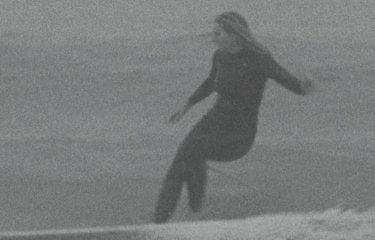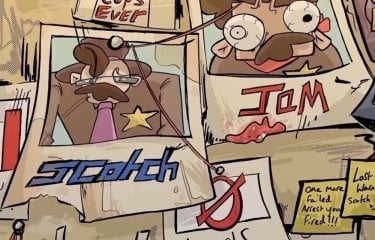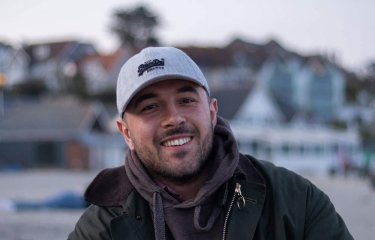Dr Kingsley Marshall on what makes a good horror movie
22 October 2024
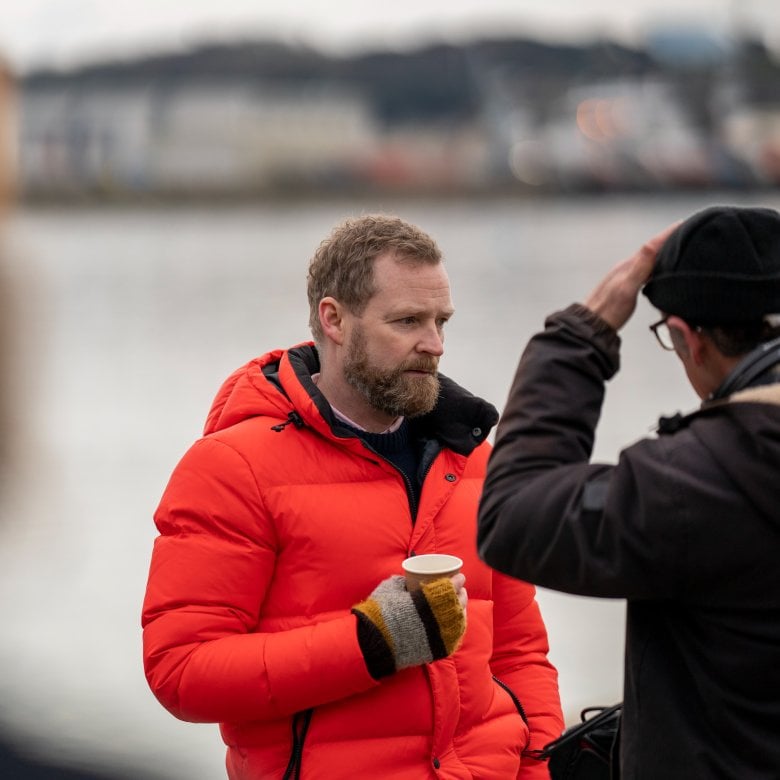
This article was written by Head of the School of Film & Television, Dr Kingsley Marshall.
I’ve always been drawn to horror; the 1970s ‘Giallo’ movies from the Italian director Dario Argento remain a favourite, with his ‘animal trilogy’ of The Bird with the Crystal Plumage, The Cat o’ Nine Tails, and Four Flies on Grey Velvet being highly recommended classics. I’ve always felt Tremough House at the centre of our Penryn Campus shares more than a passing resemblance to the dance school setting in Argento’s brilliant Suspiria, which also enjoyed a stunning remake by Luca Guadagnino a few years ago.
In my work with Myskatonic, a film and TV production company I formed with writer/director Ryan Mackfall, we’ve got a few projects that sit within the folk horror genre. This form of cinema distinguishes itself from supernatural tales through stories that are typified by the enemy within, situated in specific locations and often centred on the hierarchies of power that govern real communities.
I’ve previously written about what’s been described as the “unholy trinity” of folk horror: Witchfinder General (1968), The Blood on Satan’s Claw (1971), and The Wicker Man (1973). These films defined the genre in their combination of rural environments with a sense of isolation, skewed belief systems, and some sort of happening or summoning. These folk horror stories found new audiences in a second wave of British tales typified by the woodland trilogy of Ben Wheatley’s Kill List (2011), A Field in England (2013), and In the Earth (2021). Wheatley has visited us at Falmouth a number of times. More recently, Ben Steiner’s Matriarch (2022), which also featured Falmouth graduates as part of its crew, included an amazing performance from the ever-brilliant Kate Dickie.
Here at the School of Film & Television, we’ve been involved with horror feature films for well over a decade—working with lecturers Simon and Brett Harvey to make the comedy/horror Weekend Retreat way back in 2011, BAFTA award-winning director Professor Mark Jenkin on Enys Men, released in 2022, and most recently with lecturer Dean Puckett for The Severed Sun, which premiered at Fantastic Fest in Austin, Texas in September.
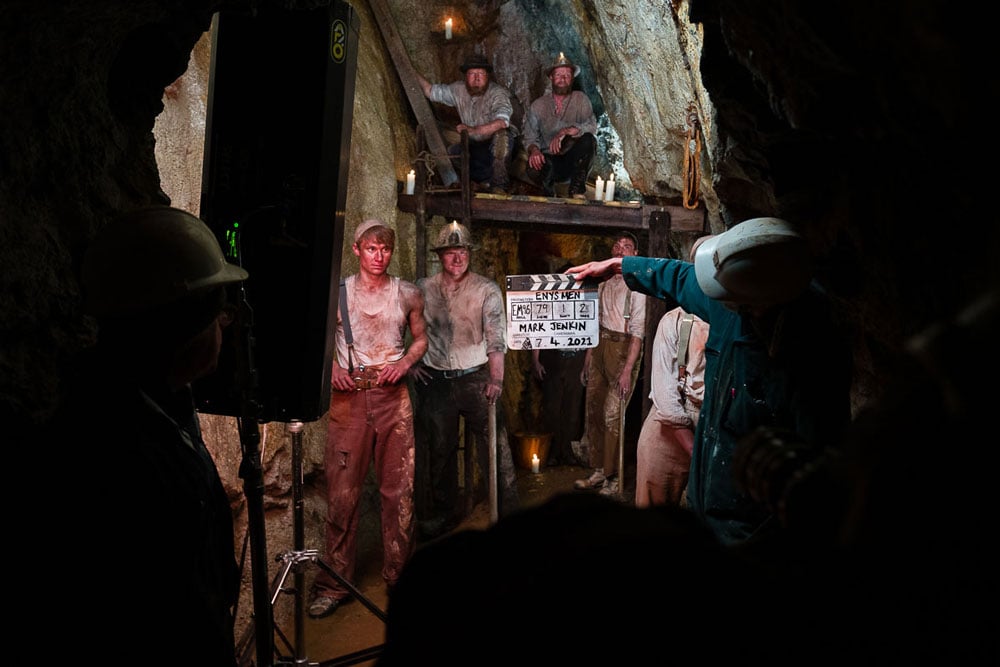
What makes a great horror movie, in my experience, is that it connects with the audience in a visceral way. There’s an emotional resonance that runs alongside the jump scares and haunting soundtrack. Whether that’s through communicating the fear of others or the unknown, our own isolation or alienation, losing something or someone, and the grief associated with that, horror films often serve as a metaphor for what’s happening in our own communities, and reflect our shared, global and very human experiences. These movies might be occupied by ghouls, demons, or noises in the night, but when they land with an audience these movie monsters all connect and reflect with real, valid feelings about who we are and what we choose to believe in.

About Dr Kingsley Marshall
Kingsley is the Head of the School of Film & Television at Falmouth University. As a writer, he has published and spoken around the world about genre movies and television and written extensively about the work of the filmmaker David Lynch.
In the horror genre, he recently contributed a piece on Nia DaCosta’s Candyman to Simon Bacon’s edited collection Future Folk Horror, has written two pieces on mark Jenkin’s Enys Men, and has recently completed a piece on the music of George A. Romero’s zombie classic Dawn of the Dead, for a new edited collection from the University of Mississippi Press.
Backwoods, the debut film from the production company Myskatonic he runs with writer/director Ryan Mackfall, won the HP Lovecraft award at the Rhode Island International Film Festival and was licensed for inclusion in the definitive folk horror documentary Woodlands Dark and Days Bewitched. He has recently completed the cosmic horror The Birdwatcher and has a number of feature films and a TV documentary series in development.
External links
